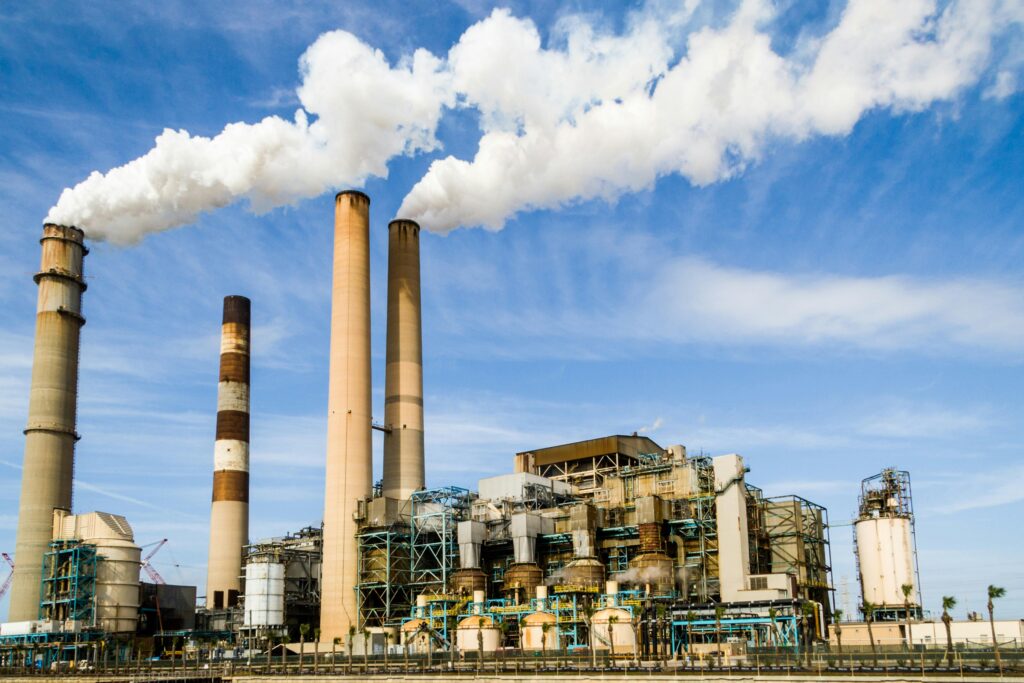In the last decade, there has been a real positive shift in industries prioritizing environmentalism and sustainability. With climate change thrust into the spotlight, the pressure was on companies to start rethinking operations and make eco-friendly decisions.
The time to act was now, and failure to do so would have catastrophic consequences not only on the natural world but also on brand reputation.
Fortunately, many forward-thinking industries recognized this, with companies developing green initiatives to reduce carbon emissions and ensure a more sustainable future.
Here, we explore some of the key industries that have addressed environmental challenges and the measures they have adopted. Plus, we will provide examples for each, so they can serve as inspiration for other industries looking to follow suit.
Automotive
Known as a major contributor to carbon emissions, the automotive industry has had to clean up its act in recent years through electrification, renewable energy integration, and cleaner manufacturing processes.
Companies like Tesla and Toyota have pioneered the production of electric and hybrid vehicles to reduce the over-reliance on fossil fuels, and most car makers have embraced the use of sustainable materials.
However, this shift hasn’t been easy, with companies experiencing higher production costs and supply chain complexities. Plus, there are concerns about lithium mining for batteries.
Example: Ford Motor Company implemented a 10-part environmental policy and a host of sustainability measures to help build a better, greener world.
Gaming
Despite being primarily digital, the gaming industry has also faced environmental scrutiny due to high energy consumption and electronic waste (packaging, games, accessories). Therefore, eco-conscious initiatives have been introduced by console and PC providers, eSports organizations, and online casinos.
Leading brands are doing their bit. Microsoft has pledged to become carbon negative by 2030, and Xbox is investing in carbon offset projects. Nintendo has also started to reduce its packaging materials.
Challenges remain in managing the energy demands of online gaming and the costs associated with greener practices, but it’s not holding the industry back.
Example: Sony has introduced measures for the PlayStation 5, such as reduced rest mode power consumption and energy-efficient hardware.
Technology
Companies in the technology sector have massively invested in renewable energy. Major tech giants, such as Amazon, Google, and Apple, have all started to power their data centers with wind and solar sources. Artificial intelligence is also being used to help optimize energy use in data centers.
The supply chain is another area being looked at in the tech industry, with Apple committing to a fully carbon-neutral supply chain by 2030.
As is the case in other industries, the major challenge is balancing profitability with sustainability. However, we’ve now reached a point where sustainability schemes are being promoted as long-term financial assets.
Example: In 2024, Google managed to reduce data center energy emissions by 12% and replenished 64% of its freshwater consumption.
Fashion
‘Fast fashion’ has long been a significant problem in the fashion industry, which involves the rapid production of inexpensive clothing that gets thrown away by consumers after a couple of uses. This has given rise to ‘slow fashion’, which aims to reduce wasteful production through ethical sourcing and sustainable materials.
There are countless examples of brands that are leading this charge, including Patagonia, Adidas, and Levi’s. Patagonia, an outdoor apparel manufacturer, is especially well-known for its environmental stewardship.
The main hurdle the fashion industry still needs to overcome is changing consumer behavior. Demand for fast fashion continues to be high, which puts companies in a tricky position, as this relies on mass production at low costs. Therefore, consumer awareness needs to become an area of focus to prevent the temptation of peddling unsustainable models.
Example: Nike has been keen to implement various green initiatives. Its schemes mostly center around reducing its carbon footprint, reducing waste, conserving water, and eliminating hazardous chemicals.
Agriculture
Faced with the challenge of feeding a growing population, the agriculture industry is one of the most resource-intensive sectors. While the challenge of minimizing its environmental impact is enormous, farmers and agribusinesses have made great strides in adopting sustainable best practices to cut greenhouse gas emissions and improve soil health.
Precision agriculture techniques, such as GPS-guided tractors and drones, are now commonplace, optimizing farmers’ use of water, fertilizers, and other resources.
However, high costs and a limited amount of access to technology make this incredibly difficult, which is why companies need to partner with farmers and support them. Two companies that have done a great job in this regard are General Mills and Unilever.
Example: Unilever has developed a series of programs to help smallholder farmers around the world adopt more sustainable agricultural practices and be more resilient to climate change impacts.
While challenges still persist, the progress made by these industries over the last decade is hugely comforting. It signifies to other sectors that meaningful change is possible, despite the short-term complications that might be experienced.
After all, we need every industry to come together collectively if we are going to confront our environmental issues head-on and create a greener future.



